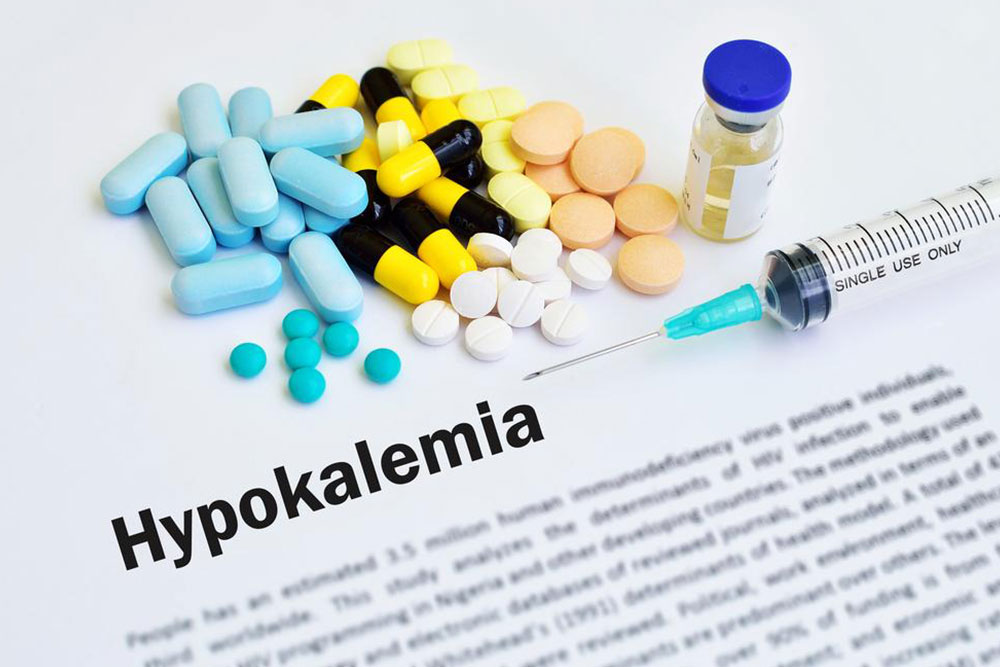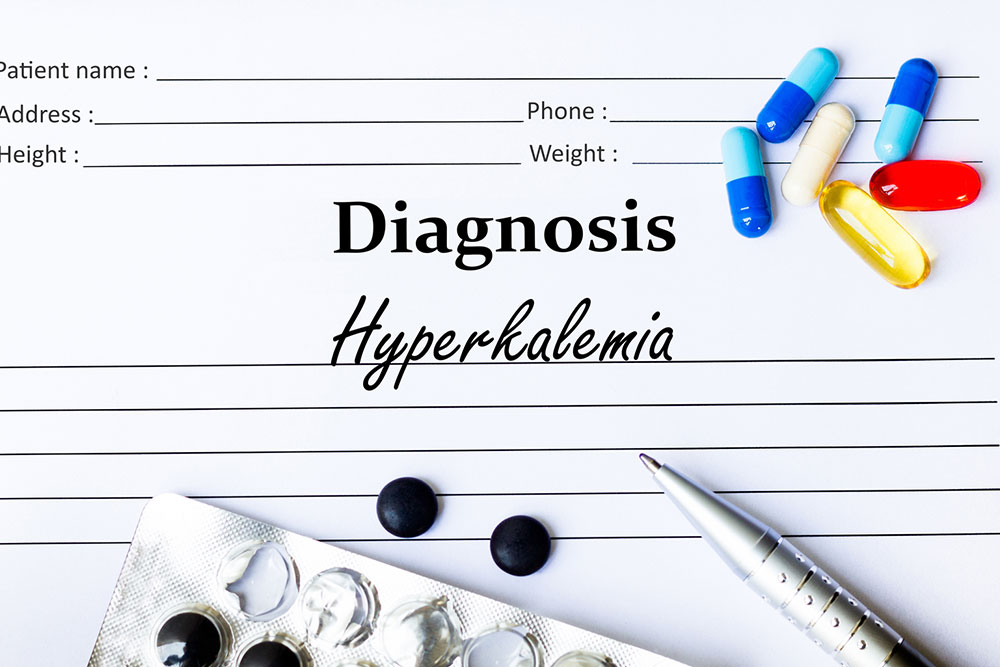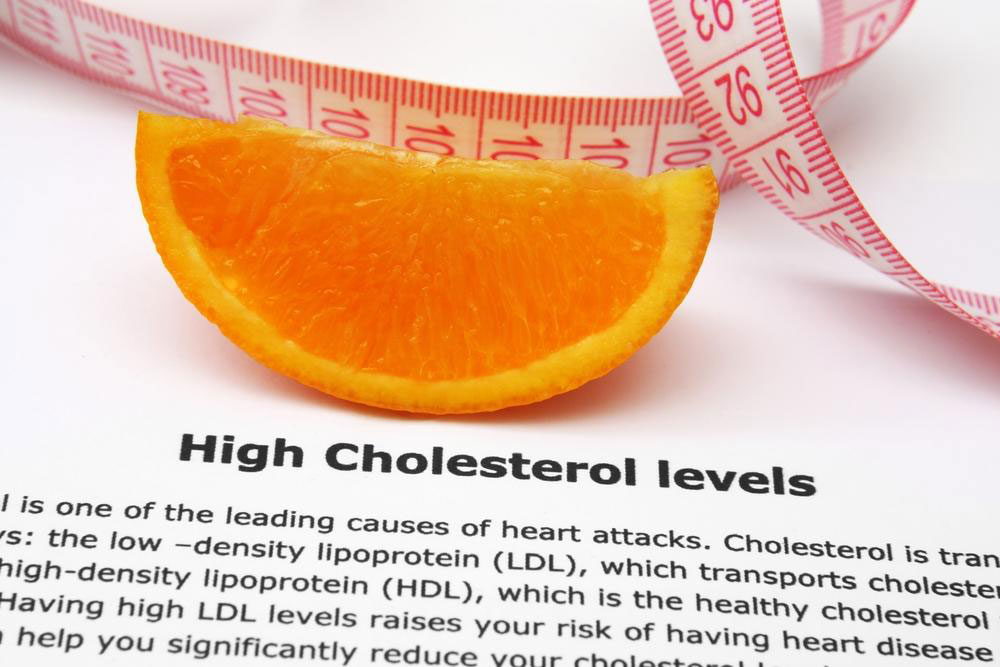Comprehensive Guide to Hyperkalemia: Causes, Symptoms, and Effective Prevention Methods
This comprehensive guide explores hyperkalemia, detailing its causes, symptoms, and preventive strategies. It emphasizes the importance of monitoring kidney health, managing diet, and adopting lifestyle changes to prevent excessive potassium buildup. Suitable for those at risk, the article provides practical advice and medical insights for maintaining electrolyte balance and protecting heart health.

An In-Depth Overview of Hyperkalemia: Causes, Symptoms, and Prevention Tips
Maintaining proper mineral and nutrient balance within the body is essential for optimal health and functioning. Electrolytes like potassium play a pivotal role in regulating vital processes such as blood pressure control, heart rhythm stability, and muscle activity. Potassium is an electrolyte that the body carefully manages to ensure these functions operate smoothly. However, disruptions in this balance, particularly in the context of impaired kidney function, can lead to significant health issues like hyperkalemia, a condition characterized by elevated potassium levels in the bloodstream.
Individuals suffering from hypertension are often at increased risk of experiencing hyperkalemia. This is mainly due to certain medications used for managing high blood pressure, such as ACE inhibitors or diuretics, which may affect kidney performance and alter potassium excretion. These medications can impair the kidneys’ ability to eliminate excess potassium, leading to its accumulation in the blood.
Furthermore, conditions like rhabdomyolysis—where muscle tissue breaks down rapidly—can release large quantities of potassium into circulation. Factors such as excessive alcohol consumption, drug use, or severe muscle trauma exacerbate this process, heightening the risk of hyperkalemia. Recognizing the causes early is essential for effective management and prevention.
Prevention strategies revolve around meticulous monitoring, lifestyle modifications, and dietary management. Regular medical checkups are critical, especially for individuals on medications affecting renal function or those with chronic health conditions. Healthcare professionals often recommend blood tests to monitor potassium levels periodically, ensuring they stay within a safe range.
Symptoms of hyperkalemia can vary from mild to severe and often include fatigue, muscular weakness, numbness or tingling sensations, nausea, chest discomfort, and difficulty breathing. If these symptoms are observed, seeking immediate medical attention is vital. Untreated hyperkalemia can lead to dangerous heart rhythm disturbances, which may be life-threatening.
Dietary choices are fundamental in managing potassium levels. Consuming a diet balanced in nutrients, while limiting high-potassium foods, can significantly reduce the risk of hyperkalemia. Foods like bananas, lentils, peaches, nuts, potatoes, tomatoes, salmon, and watermelon are rich in potassium and should be consumed cautiously, especially if one is at risk. Incorporating healthier oils such as olive oil and coconut oil, and opting for lean meats instead of red meats, can support overall kidney health and electrolyte balance.
Increasing water intake helps flush out excess potassium via urine, and engaging in regular physical activity promotes healthy circulation and renal function. Lifestyle modifications—such as avoiding excessive alcohol intake, managing stress, and adhering to prescribed medications—are crucial in preventing hyperkalemia. Adopting these preventive measures early can be more effective than treating advanced symptoms, highlighting the importance of proactive health management.
Ultimately, understanding hyperkalemia's causes, recognizing symptoms early, and implementing lifestyle and dietary measures are vital in preventing its occurrence. With diligent health monitoring and appropriate interventions, individuals can maintain optimal potassium levels and ensure their overall well-being.





